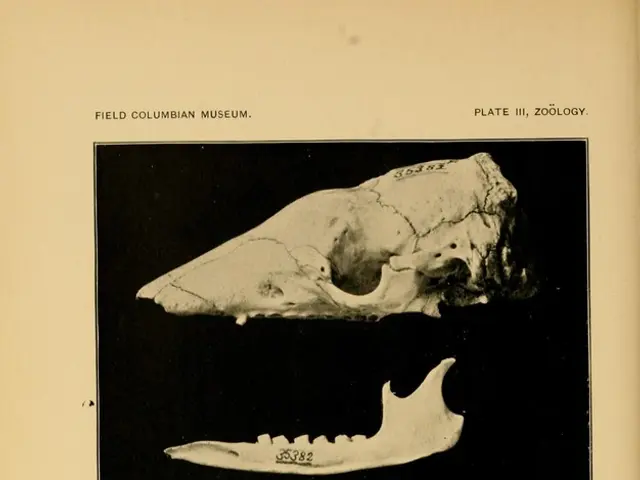Three key reasons explain why smoking prior to surgery is off-limits:
Smoking prior to surgery significantly increases the risk of postoperative complications and adversely affects recovery outcomes. Here's a closer look at why this is the case, and the benefits of quitting smoking before undergoing a surgical procedure.
According to pulmonologist Humberto Choi, MD, smoking before surgery elevates the risk of postoperative heart attacks, blood clots, pneumonia, and even death. Choi recommends that patients stop smoking immediately upon scheduling surgery.
Even though quitting smoking can be challenging, the health benefits are striking. Quitting smoking can significantly improve the health of a patient undergoing surgery and enhance recovery. The longer an individual abstains from smoking, the better their chances of a healthy recovery.
A JAMA study compared post-surgery risks for 125,000 smokers, 78,000 individuals who had quit smoking for over a year before surgery, and 400,000 non-smokers. The research found that those who smoke are 17% more likely to die and 53% more likely to experience serious heart and lung problems compared to those who quit smoking before surgery. Remarkably, individuals who quit smoking for over a year before surgery had no increased risk of death compared to those who had never smoked.
Smoking complicates anesthesia, making it more difficult for anesthesiologists to keep patients breathing while under anesthesia. This is because smoking reduces blood flow and renders surgical incisions more susceptible to infection as it slows the healing process.
Smoking also places a patient at a higher risk for heart problems during and after surgery. A 2021 JAMA study revealed that smokers faced a 77% greater risk of heart attacks after surgery compared to non-smokers. Smoking damages the heart and blood vessels, disrupts normal heart rhythms, contributes to inflammation, increases blood pressure, and boosts heart rate. It also raises the risk of heart failure, heart attack, and death from heart disease.
In addition, smoking delays wound healing, as carbon monoxide in the body robs tissues of the oxygen they need to heal, and the toxins in the blood permeate tissues, further compromising the healing process. Even quitting 24 hours before surgery can increase the amount of oxygen in the lungs, but quitting as soon as possible is crucial.
Quitting smoking before surgery can offer several advantages and help improve surgical outcomes. Quitting smoking improves blood flow and tissue healing, boosts the immune system's ability to fight infections, and enhances lung function.
If you're considering quitting smoking before an upcoming surgery, talk to your doctor about resources and strategies that can help you quit as soon as possible. Quitting smoking is always a good idea, and an upcoming surgery can serve as a powerful motivator to kick the habit. Your doctor can offer guidance and support to help you achieve your goal.
Quitting smoking before surgery can significantly improve health outcomes and reduce the risk of postoperative complications, such as heart attacks, blood clots, and pneumonia. The journal JAMA reported that quitting smoking at least a year before surgery can offer similar outcomes to those who have never smoked, while smokers are 17% more likely to die and 53% more likely to experience serious heart and lung problems. Hence, it is recommended for patients to stop smoking immediately upon scheduling surgery to reap the benefits of improved health and enhanced recovery.




